|
Even though meteorologists' technology resources allow us to anticipate some upcoming severe weather events, others can crop up with little warning.
Since these events can leave behind significant damage and disruption, policyholders should be prepared well ahead of time for such occurrences to ensure your safety and protect your property. Here are 5 key tips to help you stay prepared for a potential claim from a weather-related event: Did you know July 4th consistently ranks as one of the biggest days for insurance claims?
So as you gear up to celebrate Independence Day, be very aware of the potential risks that come with the fun and festivities. Here's what you need to know to protect yourself and your property: Going on vacation is an exciting time to get away and make memories with family or friends. While you're busy planning activities and making travel arrangements, it's easy to not think about potential issues that could occur at home while you're gone.
One of the most devastating events is water damage. Imagine walking into your home only to be met with: several inches of water wetting your feet, or seeing a section of the ceiling hanging down and dripping water Not exactly the welcome home you were expecting. It's natural to think "it won't happen to me" and not take precautions to protect your house from a water catastrophe. But there are a few small actions you can take before you leave to minimize the risk of having to deal with a major headache when you get home. Here are 3: We're well into severe storm season and have already seen some storms cause damage in our area. Before the next storm blows through, there are things you can do quickly beforehand to minimize weather-related damage and prevent an insurance claim.
In addition to tips I've mentioned before, here are 3 more tasks you can do now: As with other industries, the insurance market is cyclical, and we're currently in what's called a "hard market."
A hard market is when political, societal, climate, and other factors cause insurers' profits to fall. Over the past several years, the impact of these factors have combined to a point where insurers have experienced greater losses and have had to make adjustments to maintain profitability. Insurers have become more conservative in what they are underwriting causing their portfolios to shrink and clients' premiums to rise. Historically, hard markets haven't lasted as long as "soft markets," which is when market conditions are just the opposite. In soft markets, insurers' revenue reserves are higher and they are able to be less strict in the risk they underwrite. This allows them to increase their client portfolios, there is more competition among companies, and premiums are very stable over time. SO, what can you do while we're in a hard market to soften its impact? Winter brings its own set of challenges, and one crucial aspect is safeguarding your home from potential fires. According to the National Fire Protection Association, house fires occur more frequently in the winter than any other time of year.
Do you know the top causes of house fires? Read on to find out, including 5 valuable tips to prevent them: Carbon monoxide (CO) is a totally silent danger that many homeowners don't think about. Over 100,000 people visit the ER annually due to unintentional CO exposure.
Here are 3 important precautions to be aware of to protect yourself and your family from CO poisoning: Of all the winter driving conditions, black ice is one of the most hazardous because you don't necessarily see it until you're on it.
What conditions most often create black ice, and how do you best navigate it? Do you know how to navigate driving in foggy conditions?
You frequently see safety tips for driving in sleet and snow, but one of the most dangerous conditions in the south this time of year is fog. You may unexpectedly run into thick fog conditions especially in early morning and later in the evening. How do you best navigate this condition? Just like with sleet and snow, it's best to stay off the road during these times but that's not always feasible. So, here are 3 safety tips when driving in foggy conditions: Are you preparing for a New Year's Eve celebration? Make sure you take these 7 key tips to avoid any unforeseen insurance claims:
- This is obvious, but needs to be emphasized: if you or those you're with have too much to drink, do not drive. Either designate a driver ahead of time or tap local transportation resources to get to your destination. - If you're a host, have non-alcoholic beverage choices available, and stop serving alcohol several hours before the party is over. - Make sure your phone is charged, and be very aware of your surroundings if you're celebrating out in public. - Refrain from posting your location on social media so you don't alert potential thieves from visiting your residence while you're away. - If you plan to set off fireworks, observe local ordinances about them and ensure you do that in an open area. - Avoid setting off fireworks in a neighborhood to avoid conflict escalation regarding noise and property safety issues. - When you set off fireworks, make sure adults handling them take appropriate safety steps, and there is adequate supervision of children. Be proactive in safeguarding your assets. Make sure you have the coverage you need by reviewing your policies with an experienced independent insurance agent. Call me today: 706-726-1446. Wishing you an enjoyable and claim-free New Year's Eve! Winter is officially only a few weeks away, so now is the time to avoid a home insurance claim from frozen water pipes bursting by taking these preventive tips now:
Cleaning gutters is a thankless chore that peaks in the late fall.
Here are 10 safety tips that can literally save you from physical injury and property damage: In a prior post we addressed some essential fire safety tips to take inside your home but what about taking safety measures when using your outdoor fire pit?
The incidence of fire pit accidents has risen in recent years as more homeowners have added fire pits in their backyards. To reduce the possibility of a fire pit accident, take these safety measures before you light yours: Now that the Christmas season is in full swing, here are some sobering facts to keep in mind:
According to AAA, 50% of vehicle crashes occur at night when far fewer autos are on the road.
This makes it critical that you pay attention to your headlight visibility as headlights that deteriorate over time can reduce light output by 80%! Most of the headlights used on vehicles are made of a type of plastic, which breaks down over time and causes clouding, fogging, and scratching. What can you do to ensure maximum headlight visibility and reduce your chances of being involved in an accident at night? Cold weather in GA and SC may not be as "bitter" as this photo shows, but it can still have a negative impact on your vehicles:
With Thanksgiving fast approaching here are 5 important reminders to minimize potential home insurance claims:
Haven't looked at your homeowners insurance policy lately? Ensure you have enough coverage BEFORE the upcoming holiday season. Call me at 706-726-1446 for a comprehensive review. The upcoming Thanksgiving holiday formally confirms we're in the busy holiday season, which brings its own unique hazards.
Here are 4 important insurance actions to take to maximize your protection during this festive time: Did you know domestic burglaries increase substantially once the clocks are turned back?
With the time change coming up soon, now is the time to prep your home to minimize the possibility of a home break-in. Here are some reminders: With the temps feeling like fall, it's almost time to fire up your wood-burning fireplace for the first time this season.
Do you remember when it was last inspected and cleaned? If chimneys aren't properly maintained, they build up creosote that can catch on fire and can escalate into an all-out house fire very quickly. Chimney fires are largely preventable with ... Fact or fiction: Car tires melt in extreme heat? .... If you said fiction, give yourself a star.
And what about this one: Very high temperatures can cause tire pressure to increase so much it can cause your tire to explode? .... That's a fact. While we're used to being continually hot in the South during the summer months, this year's unprecedented temperatures have brought new meaning to "hot." And that brings up potential situations you should be aware of regarding driving in extreme heat that you haven't really had reason to be concerned about in the past. Here are 7 must-know facts to help you remain safe while driving in this summer's sweltering sun: Many insurance policy holders are getting a big surprise when they receive their upcoming renewal notices.
The news in a nutshell? Losses on the part of insurance companies are finally being seen in premium increases in renewal notices... AND as important, if not more so: insurance companies are also pulling out of certain states or disallowing new and policy renewal approvals. Why the sudden action on the part of carriers? Can summer heat break your car windshield or windows?
Yes, especially with the hottest summer on record. One of my client's car windows had shatter cracks throughout the window, and had to be replaced. How does this happen? The summer travel season is underway, and it's important that you check your vehicle tires before leaving for a road trip.
Tire issues are a cause of hundreds of preventable automobile accidents and fatalities every year. Things to check and maintain include: There is plenty of attention given to steps to take before an anticipated storm to reduce the potential for damage and the need to file an insurance claim.
But, less focus is on steps to take AFTER a dangerous storm to reduce personal injury and property damage. A recent study after a tornado in Illinois confirmed that 50% of physical injuries were suffered after the storm when completing post-storm tasks. Any bad storm can damage power lines, electrical systems and gas lines that put may put you and your property at risk of fire, explosion, or electrocution. Here are 10 examples of steps to take after a bad storm: |
AuthorDennis Lam Archives
July 2024
Categories
All
|





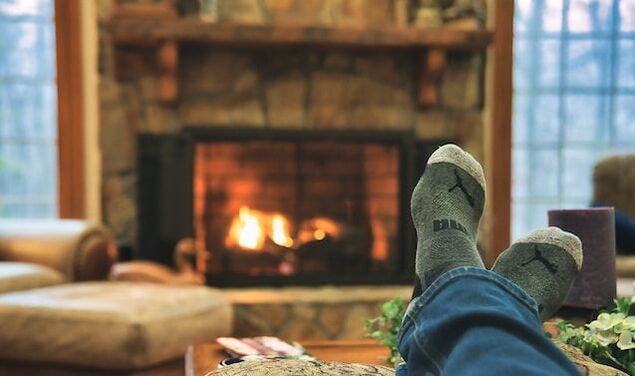




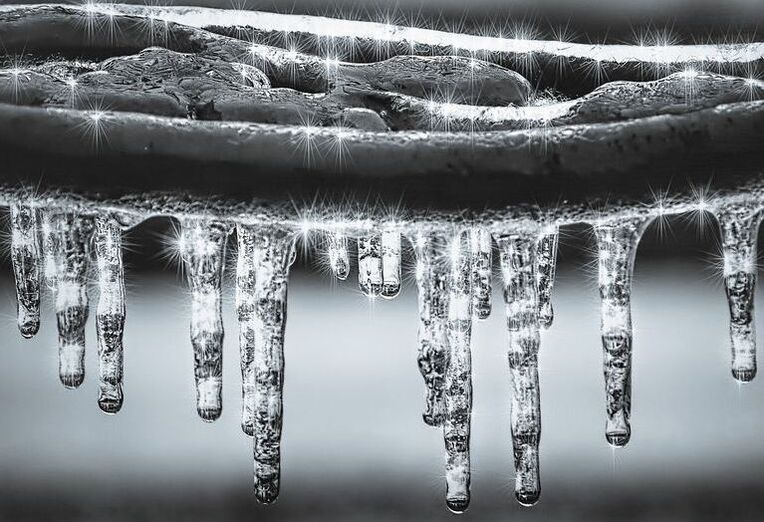
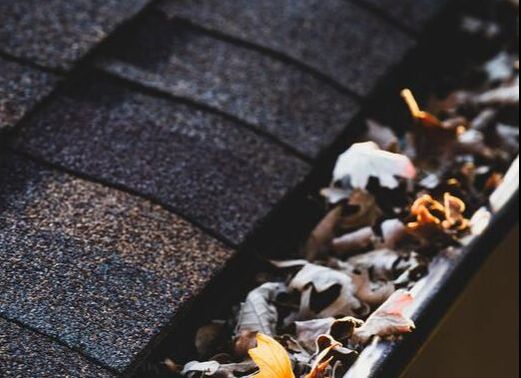
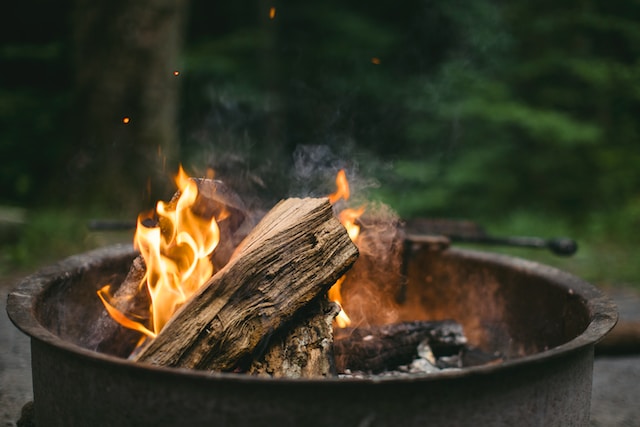


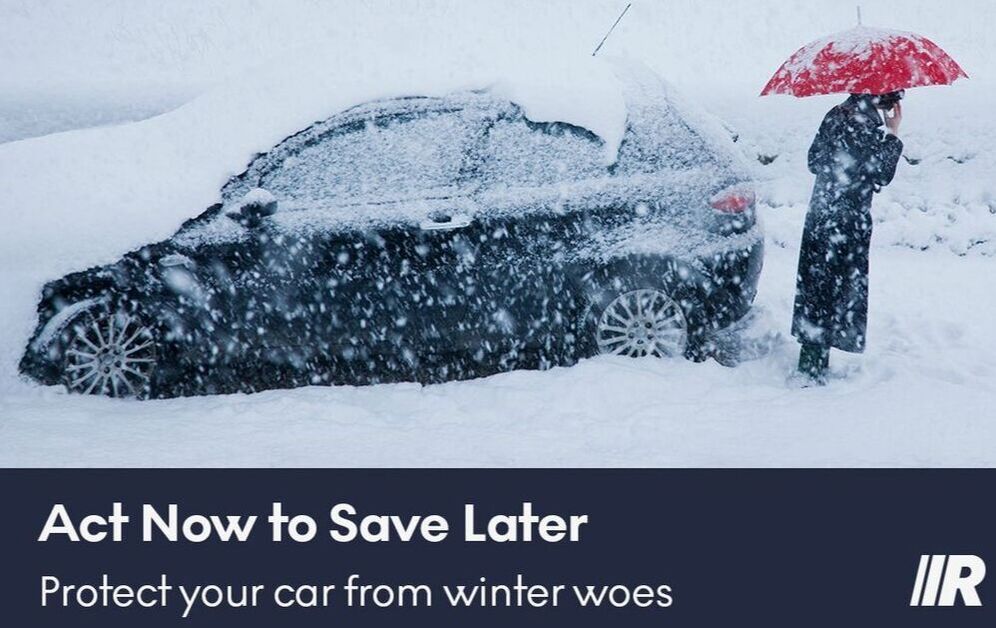



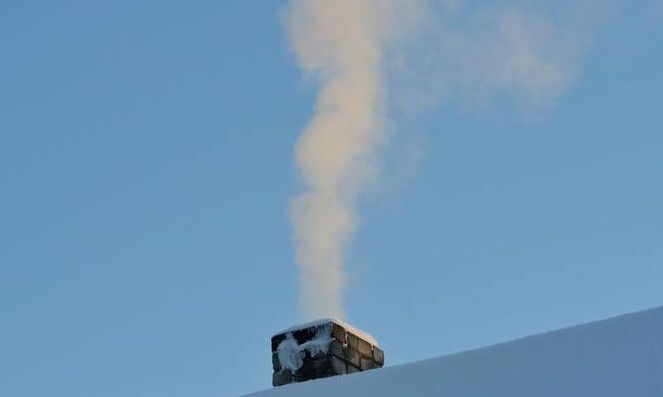
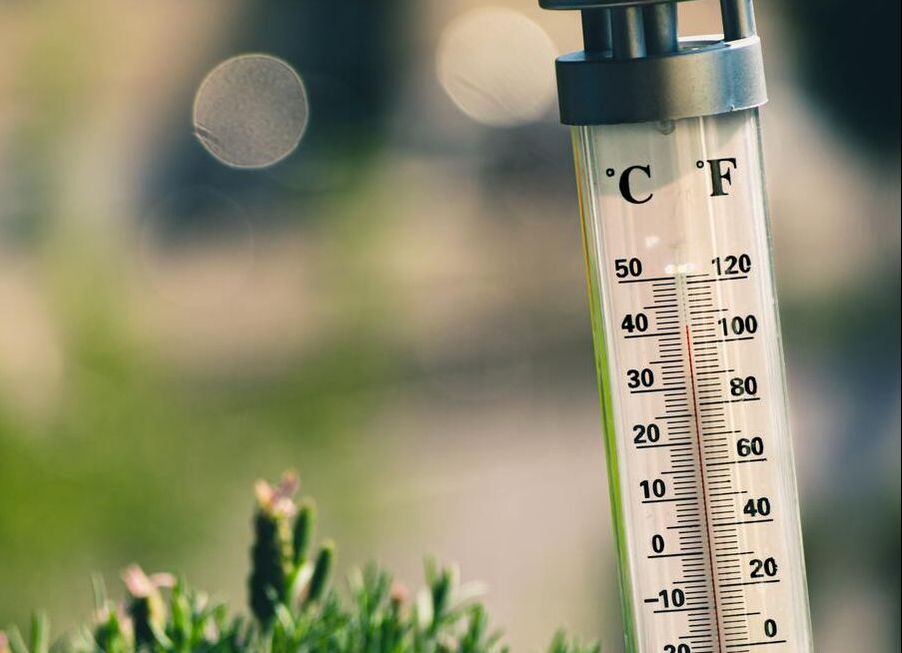
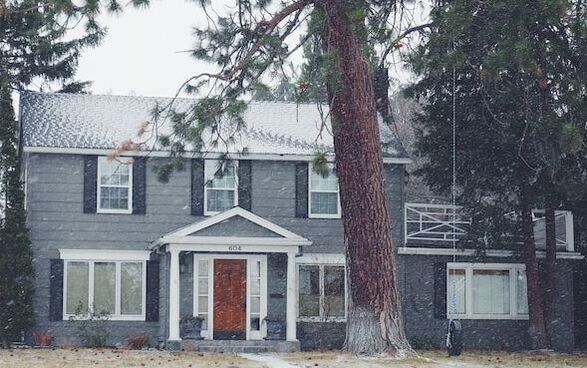
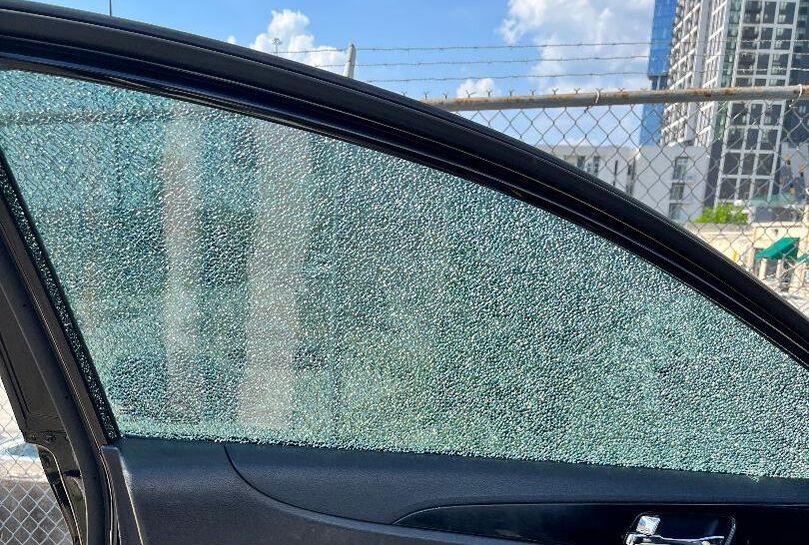
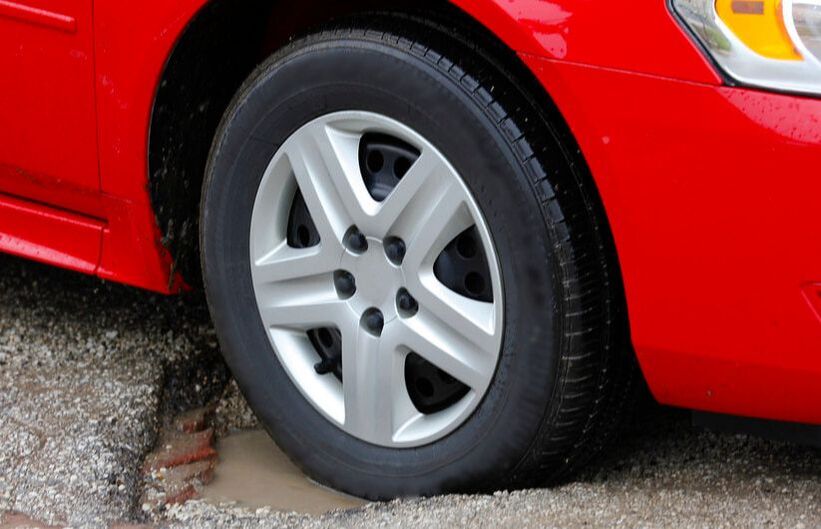
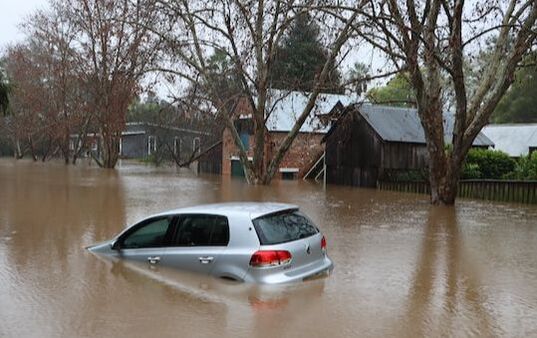
 RSS Feed
RSS Feed
